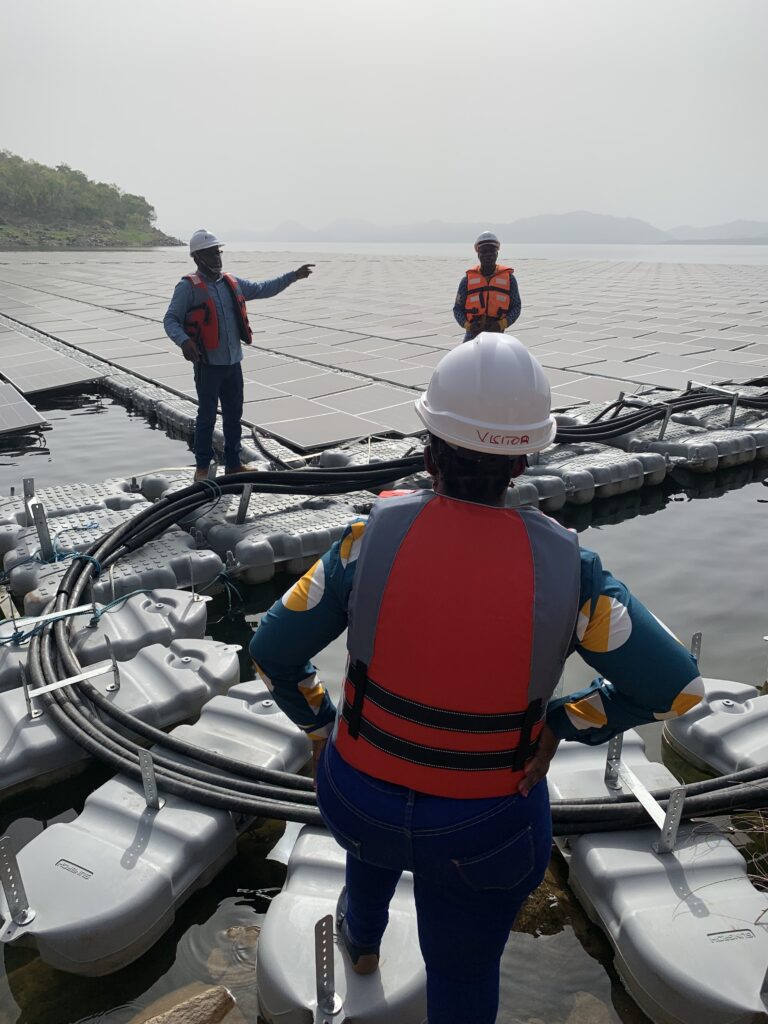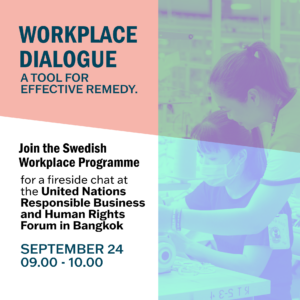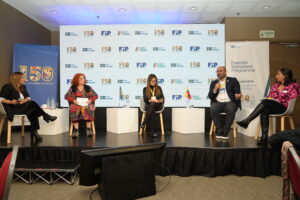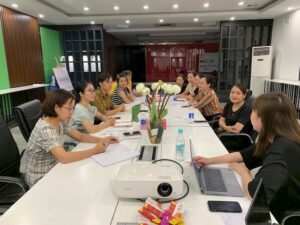Are you a driven sustainability or project management professional wanting to make a meaningful impact on the world? Then you might be our new colleague. One of NIR’s flagship programs, the Sustainability Impact Accelerator, is expanding and looking to recruit more project managers.
The Sustainability Impact Accelerator provides tailormade capacity development support to partners in low and middle-income countries, with the aim of enabling our partners to implement and scale sustainable climate infrastructure projects that address pressing environmental and social issues. As a Project Manager, you will be joining an experienced and growing team at NIR that manages complex projects and sustainability issues across the globe.
Does this sound like you, or anyone in your network? Follow the link, apply and share! We review applicants continuously, so don’t wait with your application.
About the position:
Program Manager at the Sustainability Impact Accelerator
We are seeking a dynamic and driven Program Manager to join the team of one of our flagship initiatives, the Sustainability Impact Accelerator. The Accelerator provides tailormade capacity development support to partners in low and middle-income countries, with the aim of enabling our partners to implement and scale sustainable climate infrastructure projects that address pressing environmental and social issues. The Accelerator is funded by and follow the guidelines provided by the Swedish Development Cooperation Agency, Sida. As Program Manager you will be responsible for a portfolio of projects and report to the Program Director. The ability to travel internationally several times a year is a must.
Key Responsibilities:
- Develop and manage relationships with international partners, NIR members, Team Sweden and other government agencies, among others.
- Travel to partner countries to identify sustainability opportunities and risks, and identify and assess needs for capacity development.
- Design, procure, and coordinate tailormade technical advisory and capacity-development programs for partners.
- Monitor and report on project progress, ensuring alignment with strategic goals, budget targets and agreed outcomes.
- Collaborate with cross-functional teams to integrate best practices and innovative approaches into project activities.
- Collaborate with NIR member companies to improve business conditions and leverage private sector engagement for development.
- Ensure effective communication and knowledge sharing across all program components.
Qualifications:
- Academic degree in Economics, Political Science, Social Sciences, or a related field, with a focus on environmental and social sustainability.
- Minimum of 5 years of relevant work experience, with a proven track record in sustainability consulting, or a similar role. Work experience of applying international sustainability standards such as UN Guiding Principles on Business and Human Rights (UNGPs) and/or IFC Performance Standards, as well as having worked with Environmental and Social Impact Assessments (ESIA) and Environmental and Social Action Plans (ESAP) for projects is advantageous.
- Demonstrated experience in project management and working in international development contexts.
- Professional fluency in English is required. Proficiency in Swedish is advantageous, and knowledge of additional languages such as French, Spanish and Arabic is a plus.
- Strong analytical skills, with the ability to develop and manage budgets, reports, and strategic plans.
- Excellent interpersonal and communication skills, with the ability to engage and collaborate with diverse stakeholders.
- Passion for sustainable development, with strong integrity regarding human rights, environmental protection, and labor rights.
- Ability to convey NIR’s core values in the daily work, including respect and trust.
What We Offer:
- An opportunity to work with a key development cooperation program that has global impact and contributes to sustainable development and improved business conditions in low- and middle-income countries.
- A collaborative and supportive work environment within a dedicated and passionate team.
- Competitive salary and benefits package.
- Flexible working hours with the option to work remotely part of the week.
If you are a proactive and motivated professional with a passion for sustainability and international development, we encourage you to apply for this exciting role.





